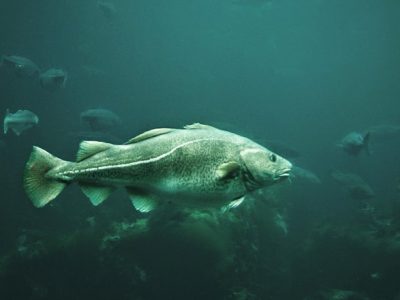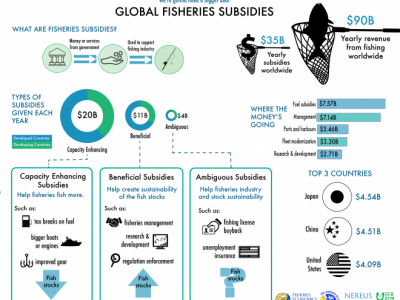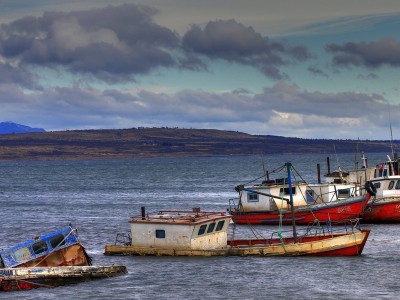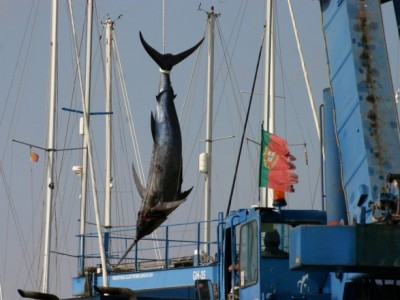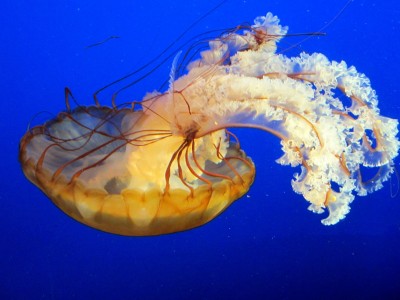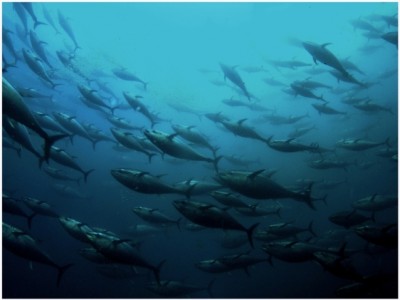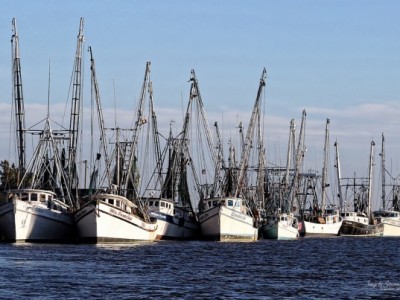Impacts of climate change on marine fisheries, aquaculture, coastal tourism, and human health: an update
The Fifth Assessment Report of the Intergovernmental Panel on Climate Change (IPCC), released in 2013 and 2014, highlighted the vulnerability, impacts and adaptation of marine systems to climate change and ocean acidification. As this field of research is constantly building and evolving, “Observed and projected impacts of climate change on marine fisheries, aquaculture, coastal tourism, and human health: an update” was recently published as an update of findings since the release of the report.




